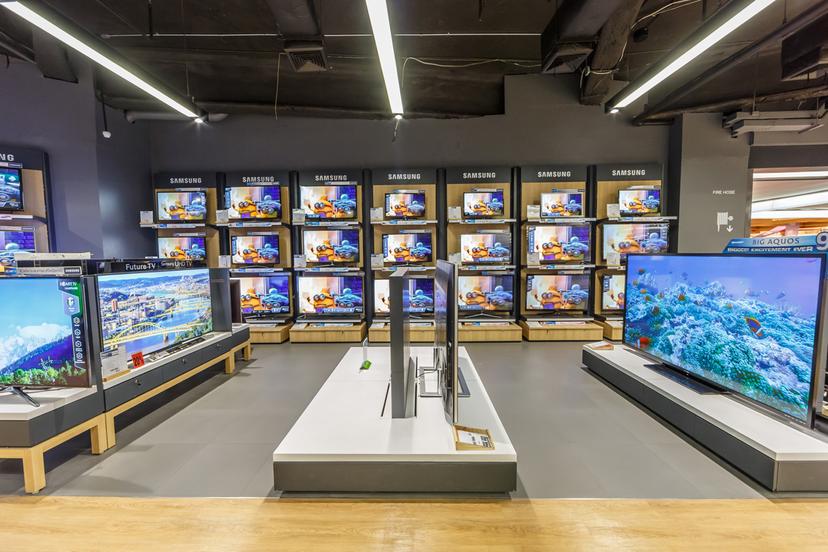General Consumer Products

Structure
The general consumer products industry has three main sectors: manufacturing, marketing, and retail. The manufacturing sector is made up of designers and manufacturers of products. Those in the marketing sector create marketing campaigns to develop interest in and demand for the products. Those in the retail sector sell the goods to consumers. The general consumer products industry also includes many other workers, such as administrative workers (receptionists, secretaries, etc.), human resources professionals, public relations specialists, lawyers, accountants, auditors, customer service representatives, upper level managers and executives, and information management and technology workers.
Manufacturing
Manufacturing workers take products from an idea on a piece of paper or computer screen, through the manufacturing stage, to the finished, packaged product that is ready for shipment to retailers and other suppliers. Key workers in this sector include industrial, chemical, environmental, materials, and mechanical engineers; engineering technicians; life scientists (in the food industry); chemists; toxicologists; regulatory affairs, compliance, and quality-assurance professionals; equipment operators; mechanics; packaging workers; helpers; plant managers; and other managers at various levels. Large companies often handle sales and distribution from inside the company, while smaller companies may sell their products through wholesalers who supply retail stores and other sellers with products from many different manufacturers.
Marketing
Companies and retailers spend hundreds of millions of dollars to create interest in their products, so it is important that they have strong marketing departments in place to help make their products stand out from those of their competitors. Popular marketing careers include copywriters, art directors, print and digital designers, packaging designers, brand managers, marketing research specialists, and marketing managers. Companies are increasingly seeking marketing professionals with experience in online marketing (especially using social media and mobile media). Some companies have in-house marketing departments, while others work with outside agencies.
Retail Sales
Retail stores are the lifeblood of the general consumer products industry. Products are sold in retail settings such as department stores, “big box” stores, supermarkets, drug stores, and specialty stores (such as those that specialize in cosmetics, shoes, or sporting goods). They are also sold online, by direct mail, and sometimes door-to-door. Sales occupations include retail sales workers and managers, door-to-door sales workers, merchandise displayers, store security workers, buyers, and stock clerks.
Major Trends
Major trends in the industry focus on how workers are treated and goods are produced.
Many manufacturing jobs previously located in the United States have been or are being relocated to foreign countries, such as China and other developing nations, in which wages for workers are not as high as they are for American workers. Some manufacturing began to return or increase in the U.S. in recent years. At the same time, the public is demanding the ethical treatment and fair pay of manufacturing workers abroad and at home. There is also an increasing emphasis on the development of “green” products and manufacturing practices. Additionally, companies are creating specialized marketing campaigns for special-interest groups, such as Latino consumers.
The growth of the Internet—especially social media and mobile media—as a means to reach consumers has also affected marketing. One other trend is the growing use of nanotechnology, which is defined by Cosmeticsinfo.org as “the development of materials that have at least one measured dimension in the range of 1–100 nanometers (1 nanometer = 1 billionth of a meter).” By developing materials and structures at a molecular level, nanotechnology can increase the effectiveness of products (such as pants that repel water, tennis balls that last longer, and faster and more powerful computers), and its use in manufacturing is expected to, according to the U.S. Department of Labor, “help conserve energy needed to produce chemicals and reduce the amount of waste products, making the manufacturing process more efficient.”
